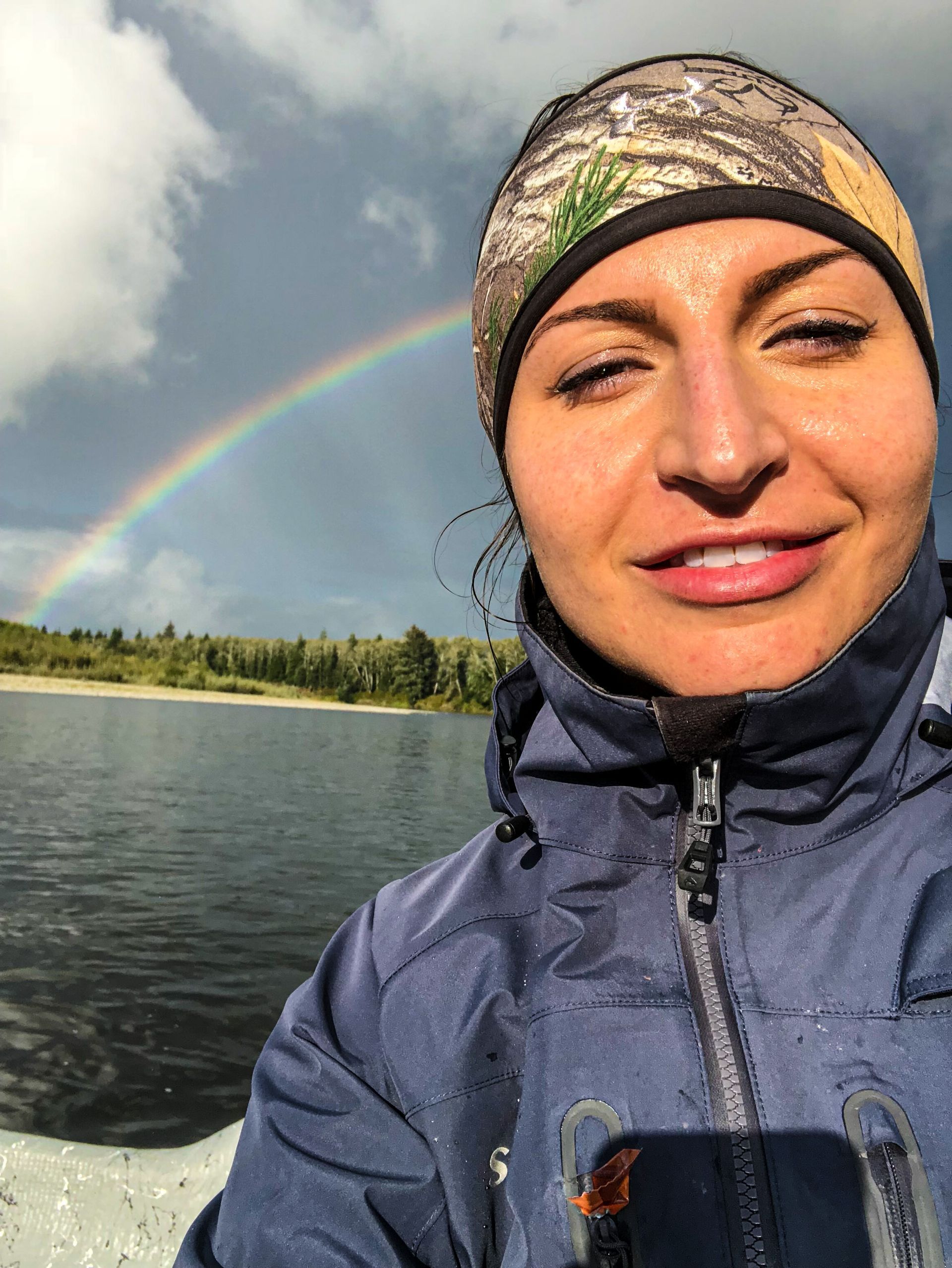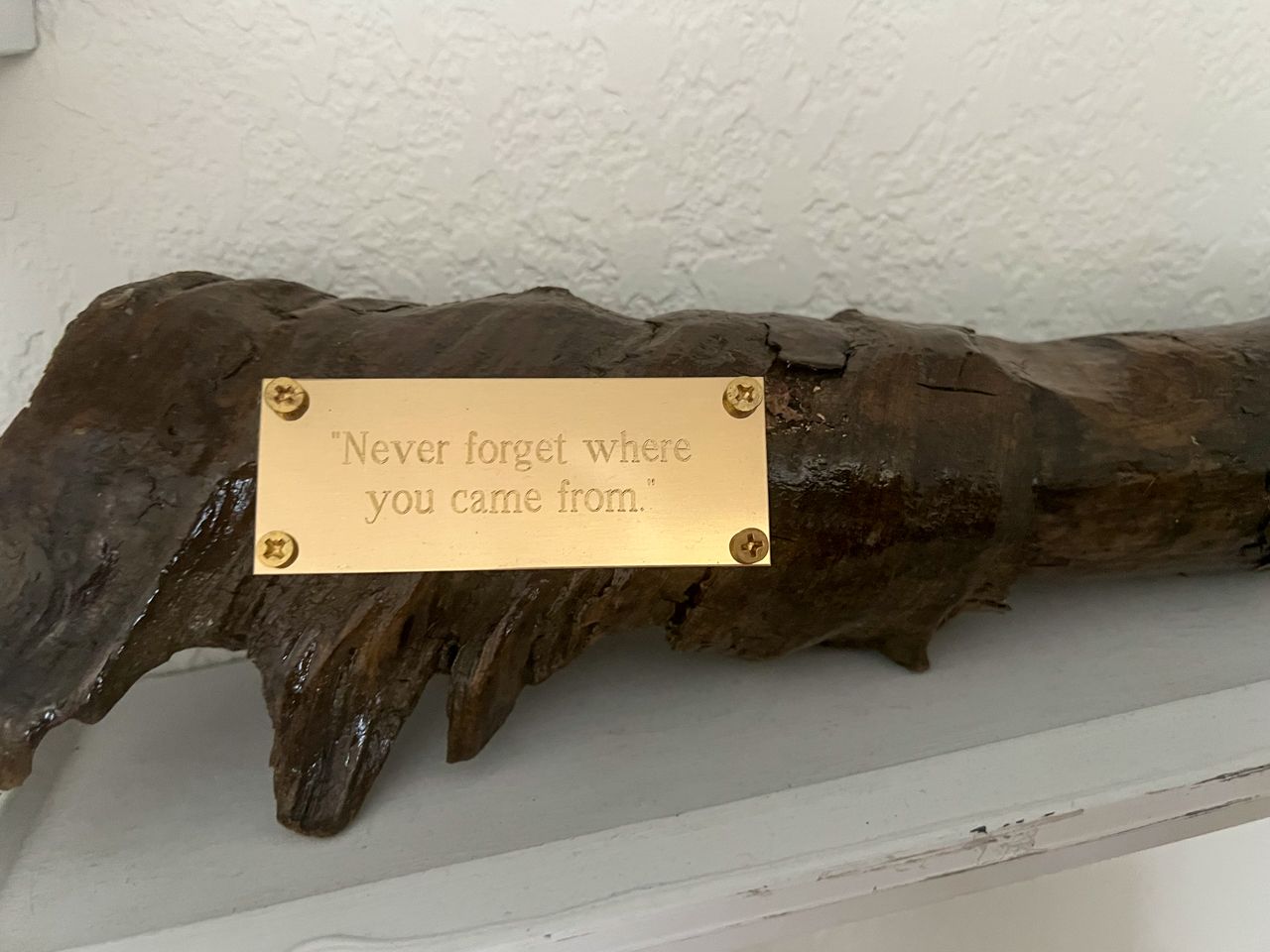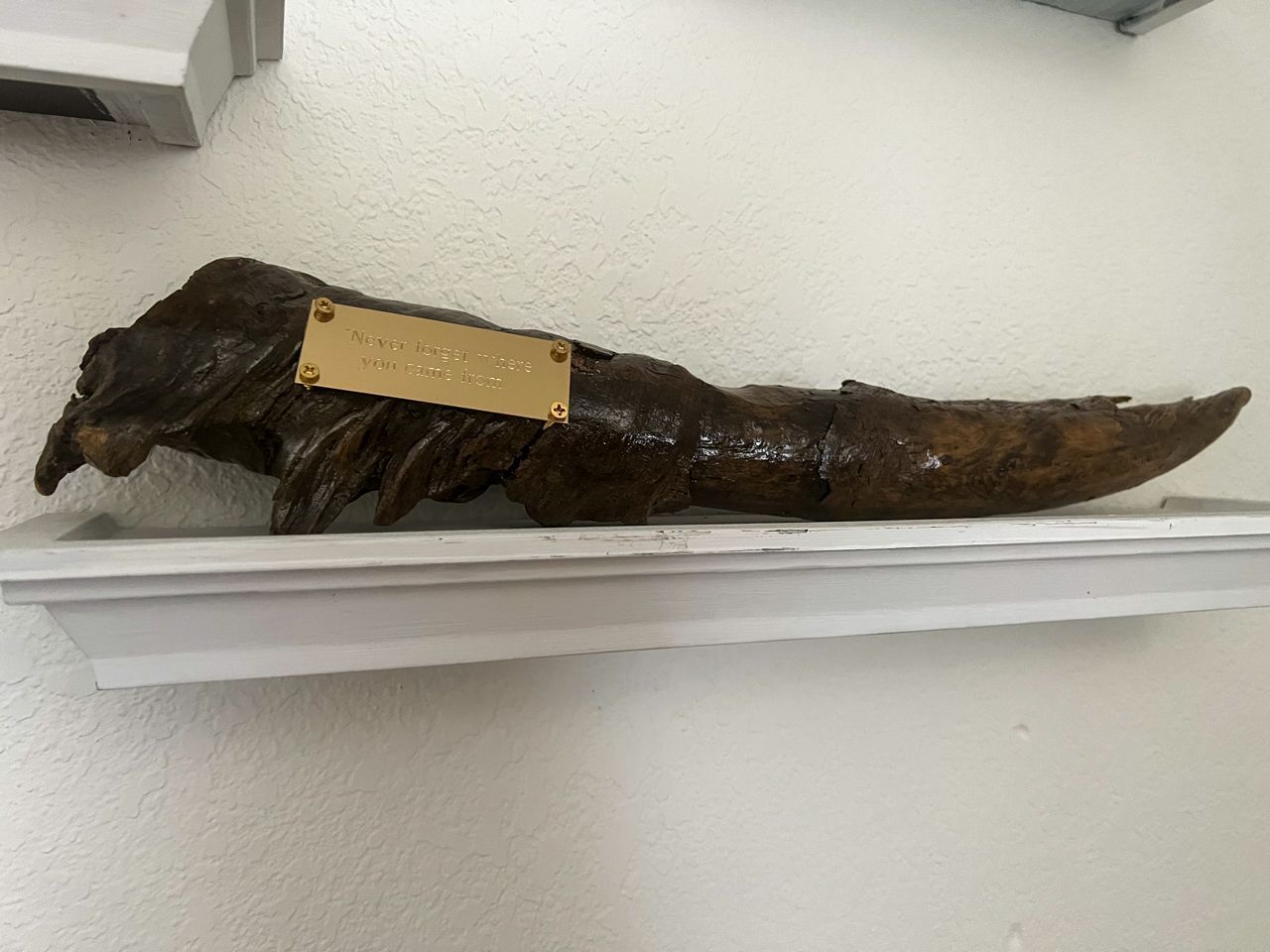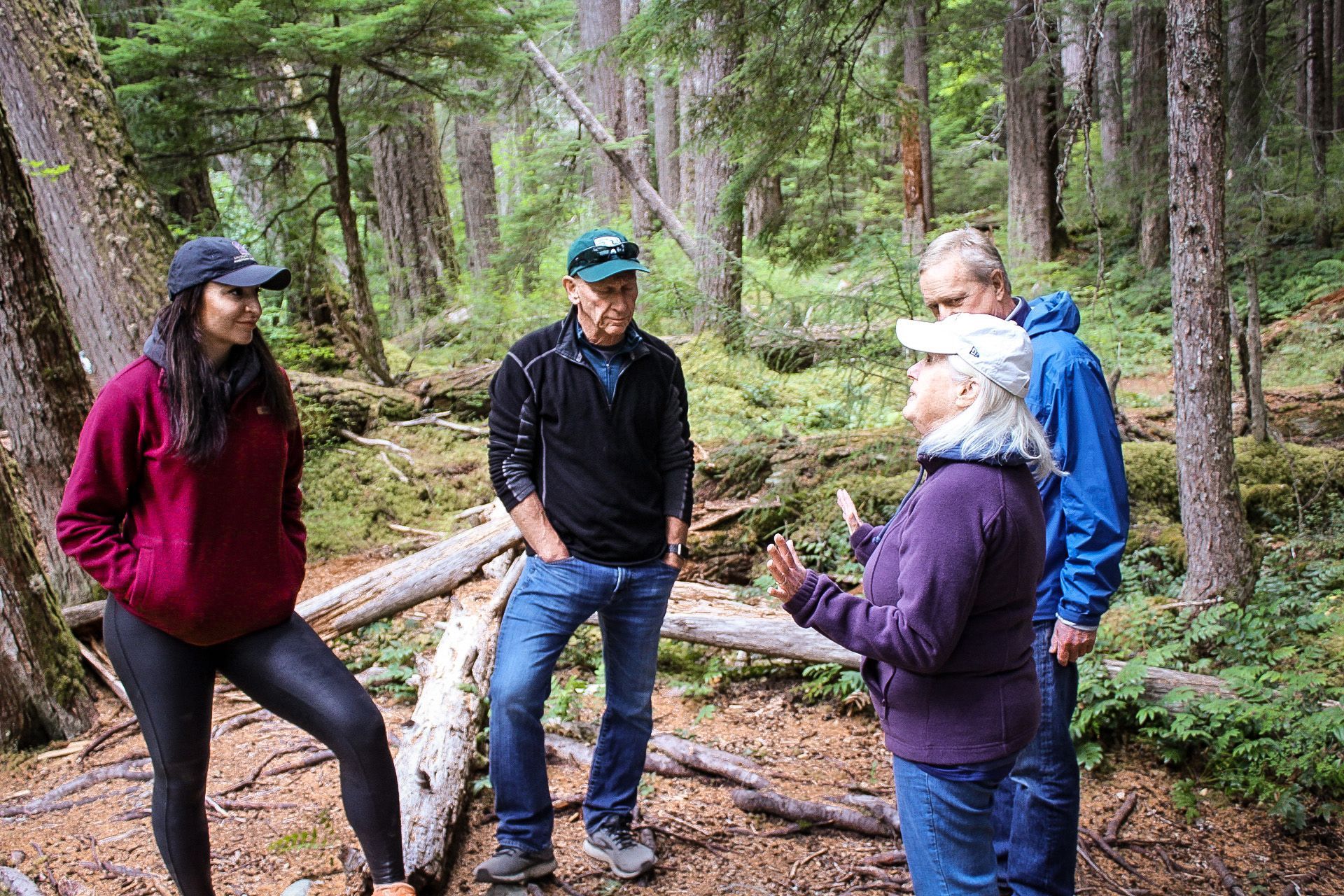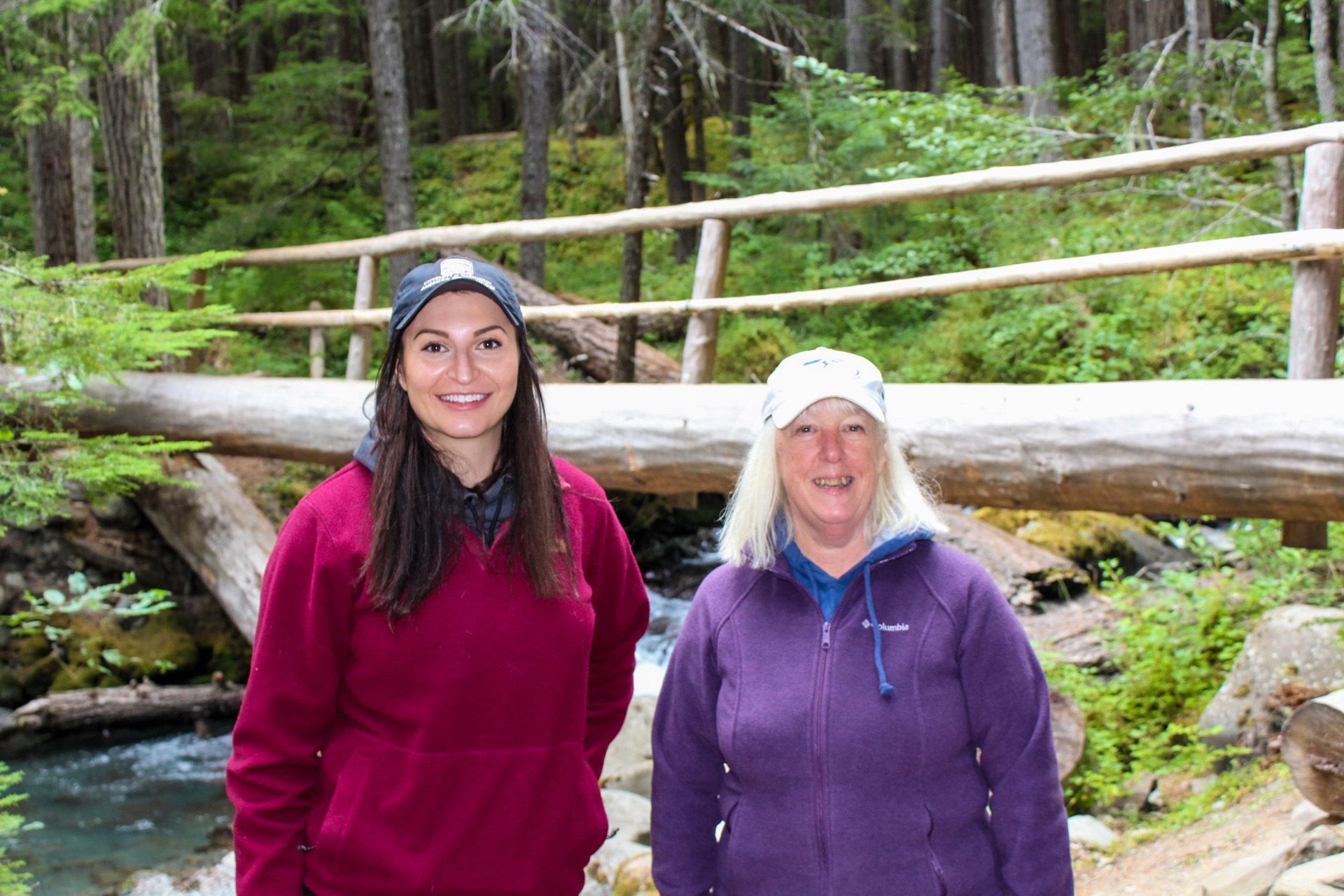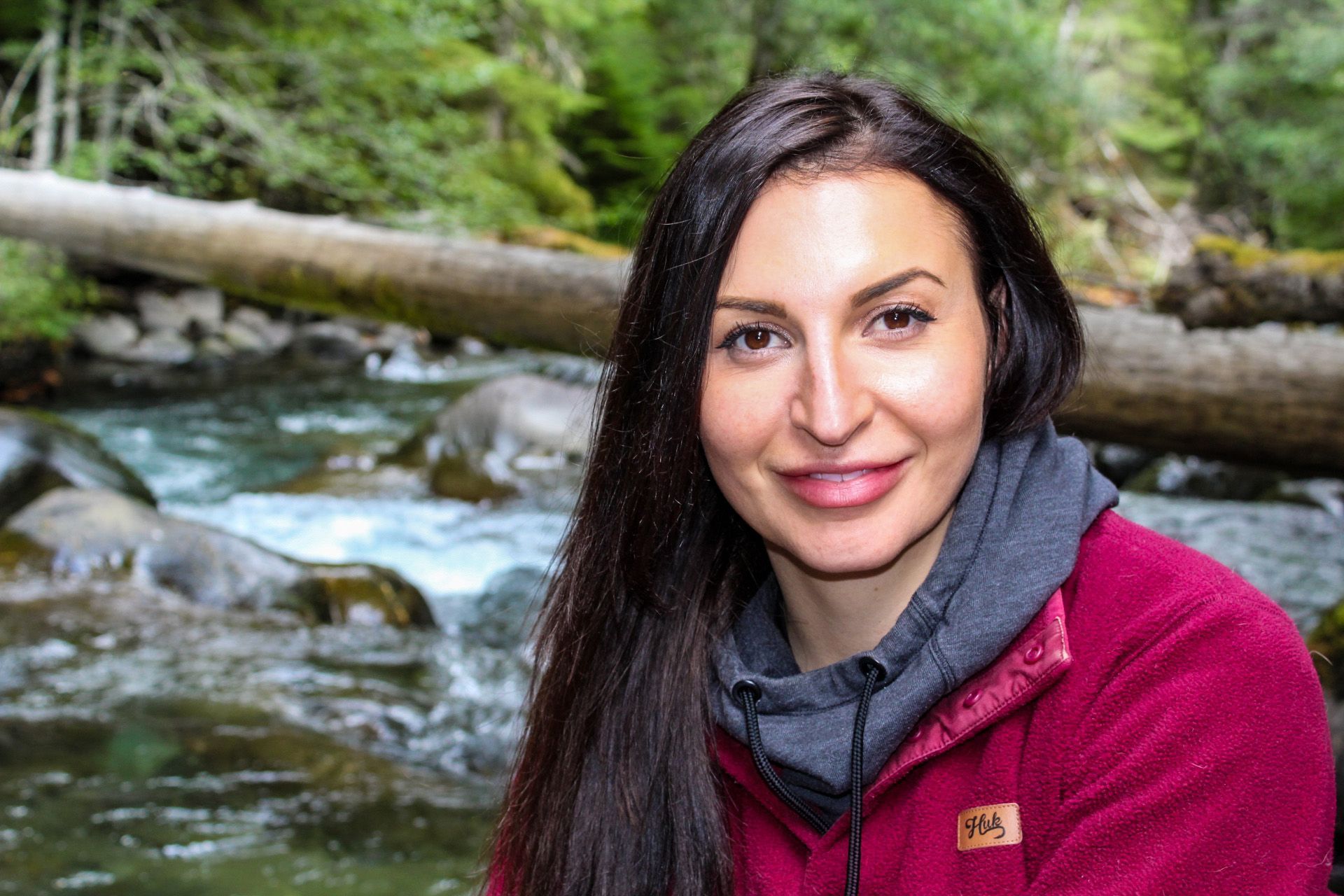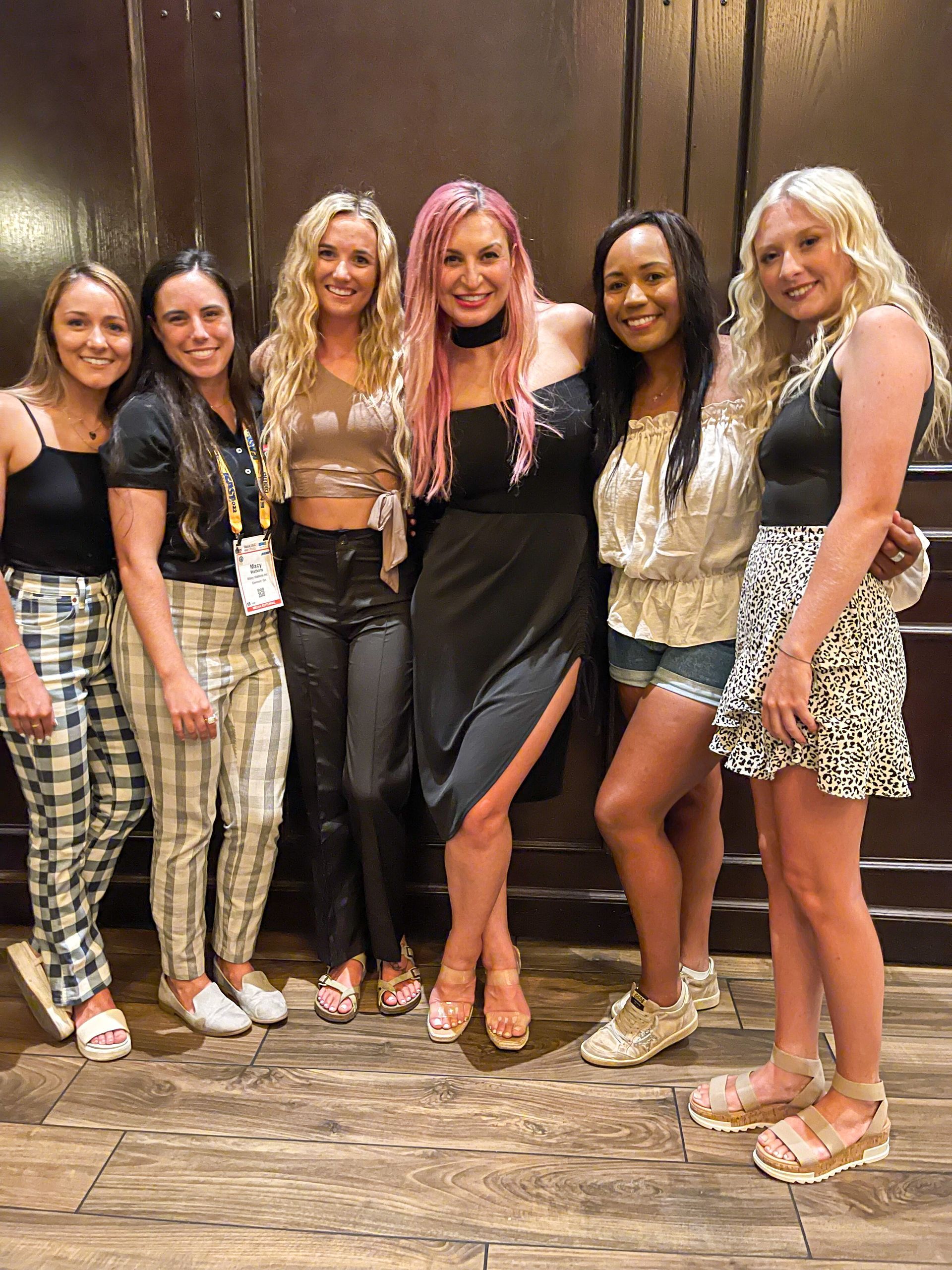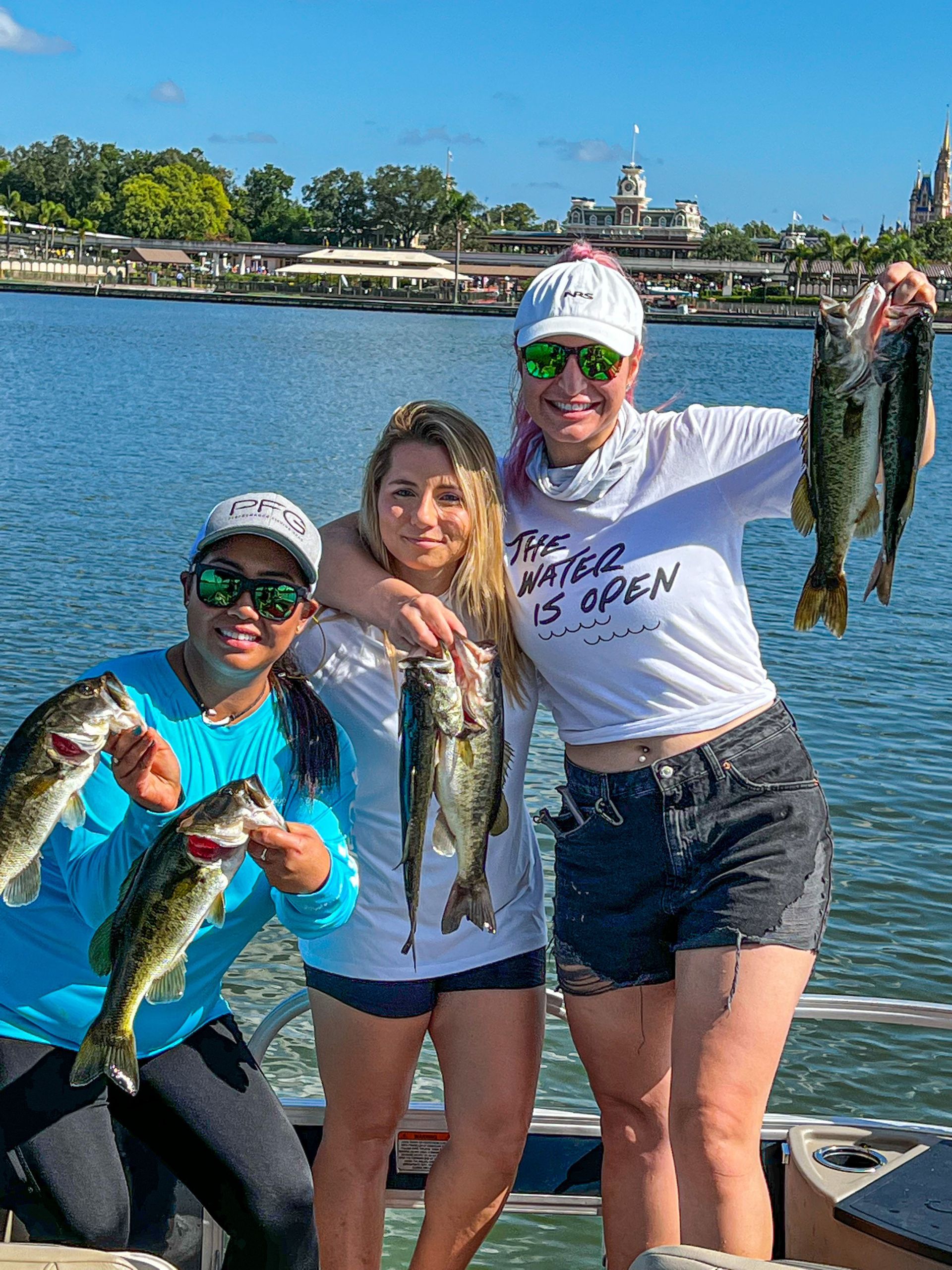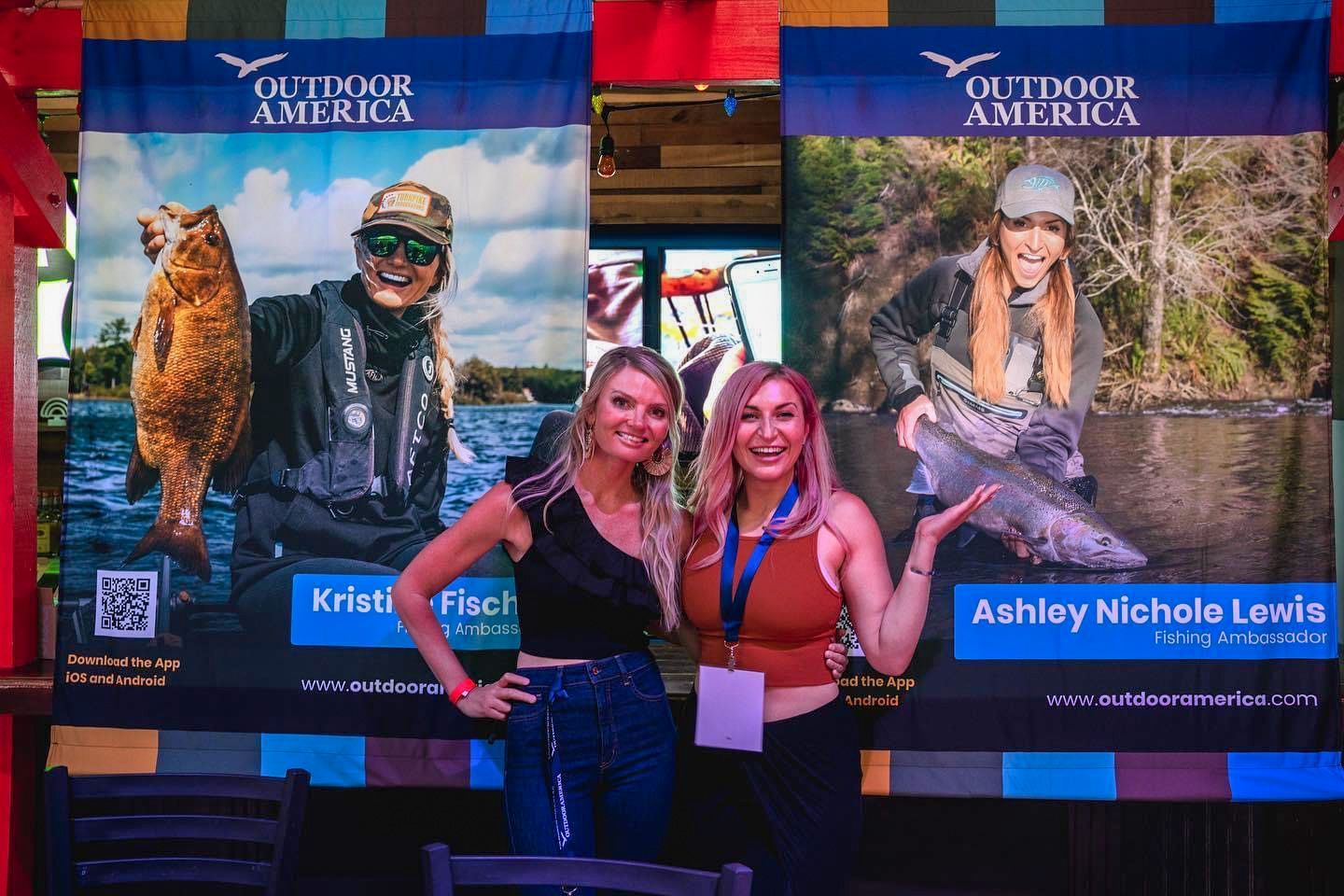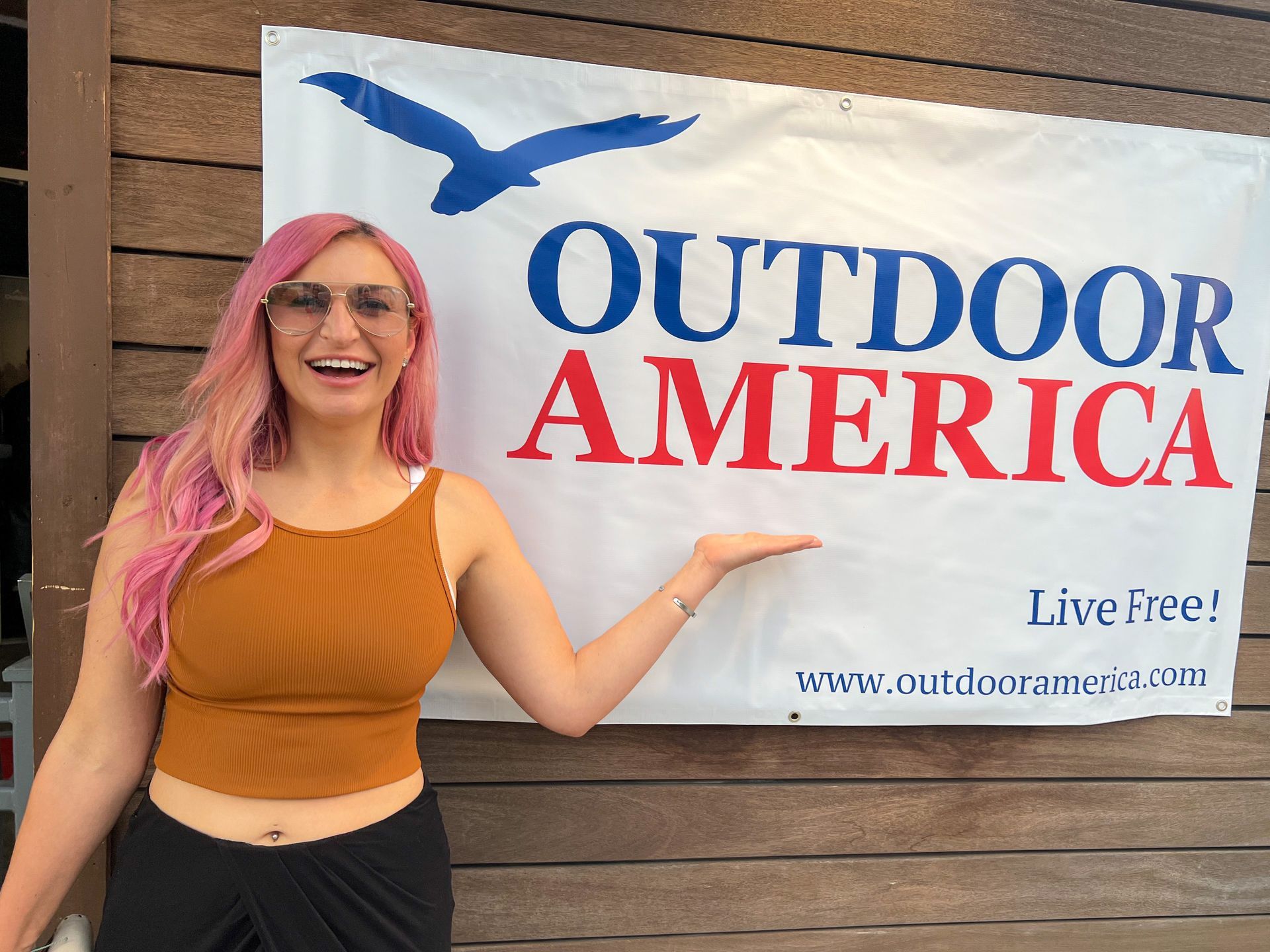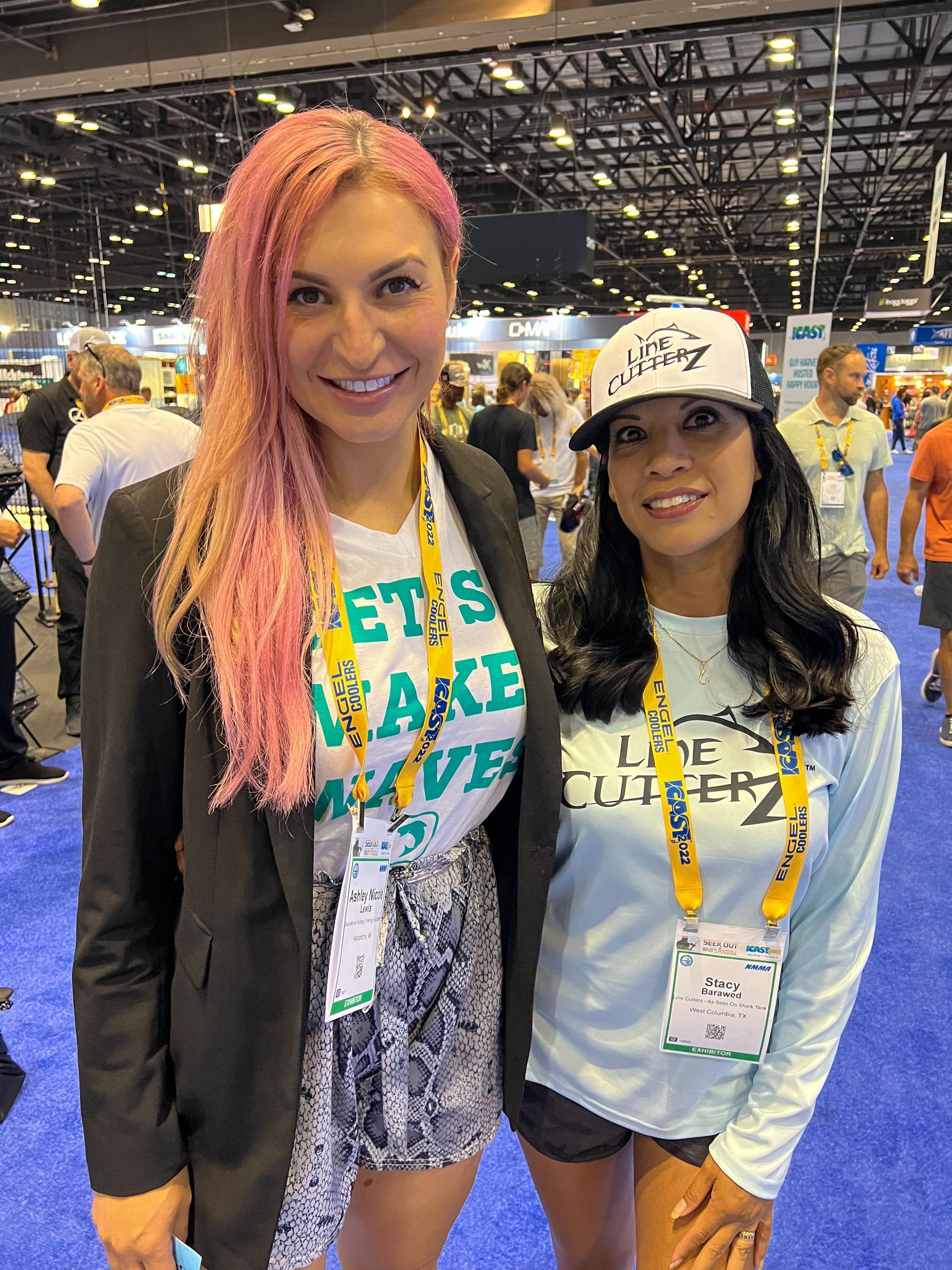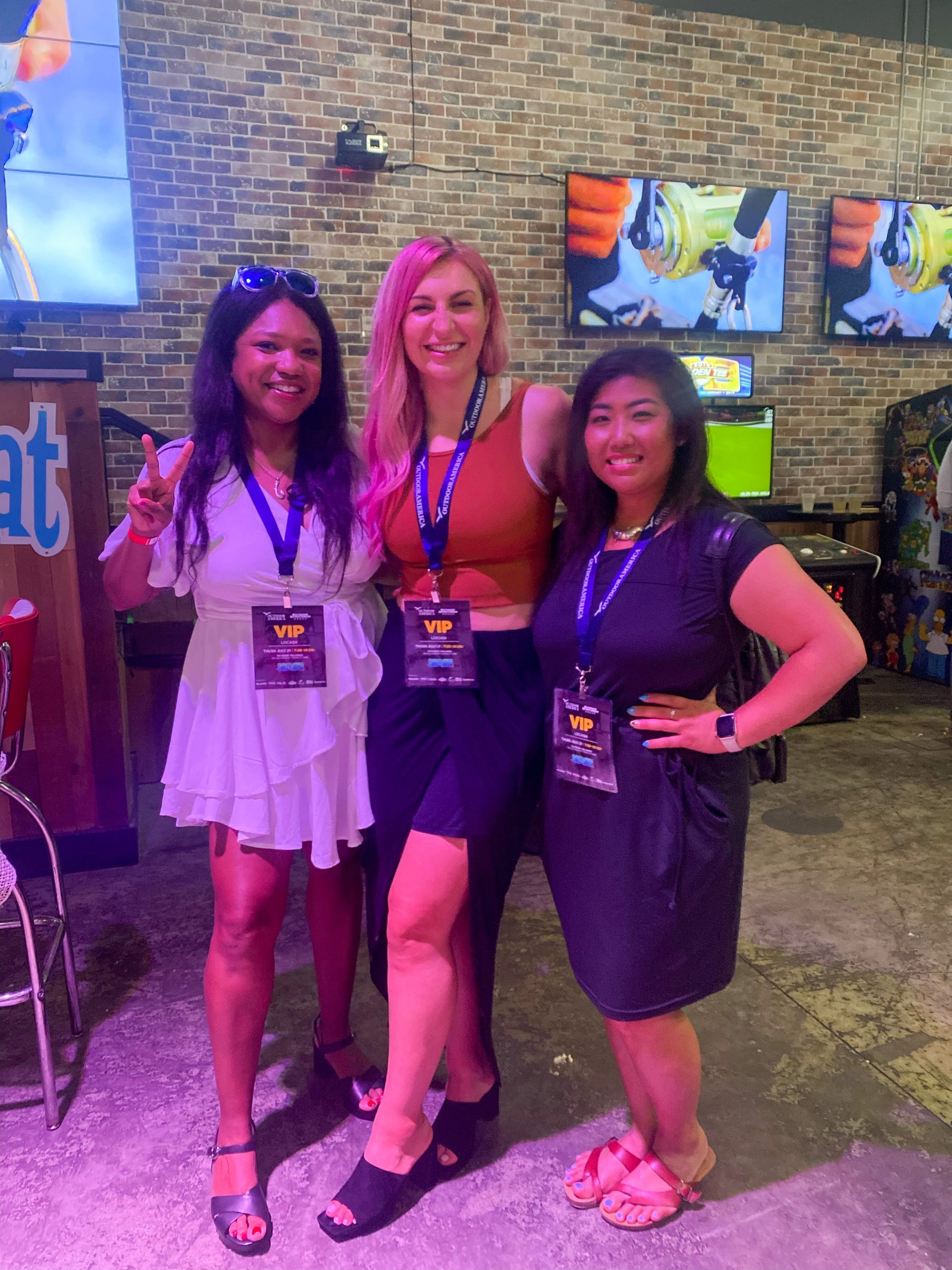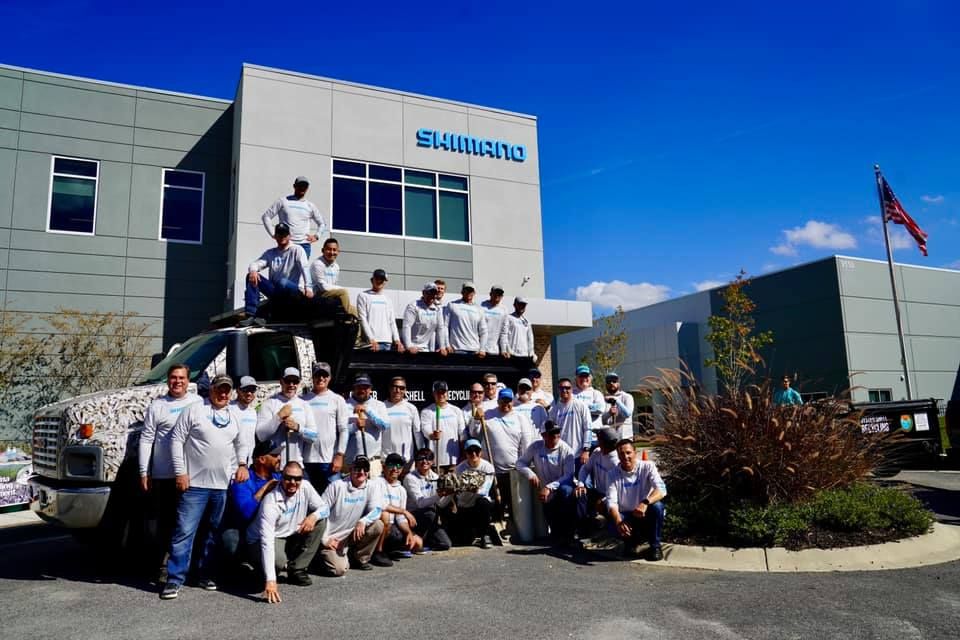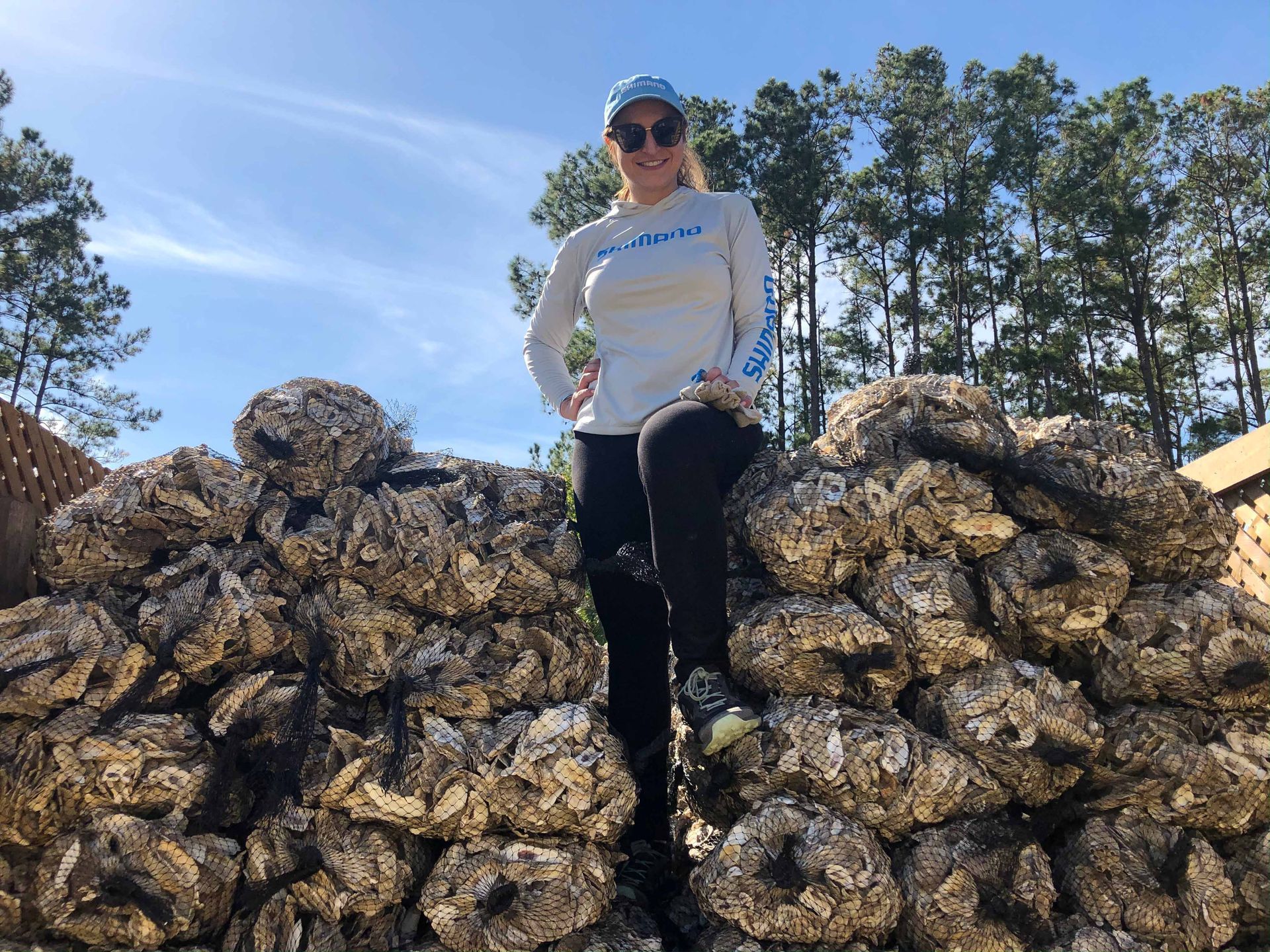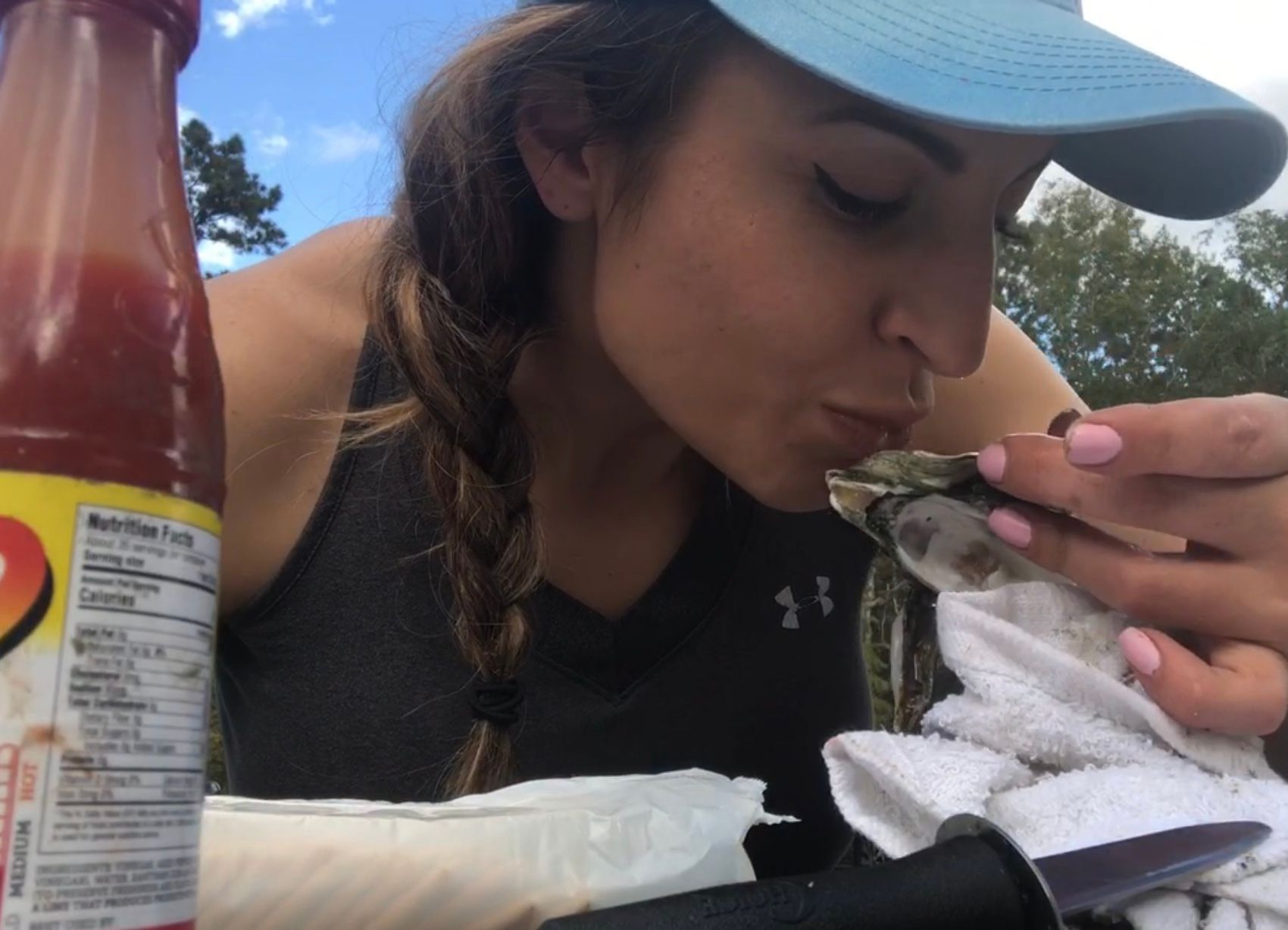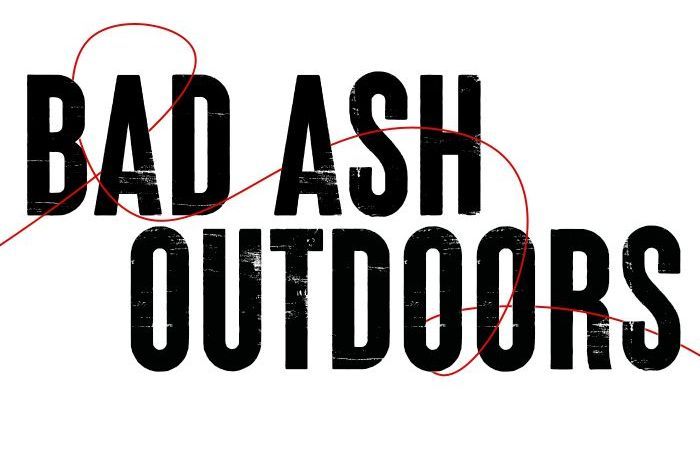Bad Ash Stories
My life in the fishing & the outdoor world!
RIVER TOOTH: NEVER FORGET WHERE YOU CAME FROM
The photos are of a fine River Tooth, and of me in my former guide life on the Quinault and Queets rivers. If you have not experienced one before, a River Tooth is the remains of a great tree taken by a powerful river.
It takes years, maybe decades to shape the old branch knot from a great tree. Once the tree becomes a part of the river, the water shapes and molds the tree. The mighty Quinault River, in this case, worked away at this tree until it bared its dense, pitch-filled teeth. The tree is gone, but its strength pervades as a single tooth like this one in the photo.
Months ago now, my friend sent me a package that contained a white puffy coat, a letter, and this river tooth. He made the placard with the inscription "Never Forget Where You Came From", a perfect metaphor because the river that shaped this tooth also shaped me. It worked on me for years--stripping away old versions of me and preparing me. The river revealed my strength, persistence, it shaped and refined my purpose.
I couldn't share this gift for months. It was too personal. I miss home too much, and am away because I need to get this damn doctorate degree.
Once I have it I can return home to my rivers, bare my own teeth, and protect them fiercely. I'd be doing precisely what these waters shaped me to do.
On August 31st, U.S. Senator Patty Murray came to the Olympic Peninsula to walk along the river with myself, State Representative Steve Tharinger, President of Taylor Shellfish Company, Bill Taylor, and author and conservationist, Tim McNulty, to discuss the Wild Olympics Wilderness & Wild and Scenic Rivers Act. Our group walked along the stunning Dungeness river. There, we discussed why these places matter along with the importance and timing of this legislation.
The bill will protect more than 126,000 acres on the Olympic National Forest and designate 19 rivers and their tributaries as Wild and Scenic. In short, the legislation permanently ensures these places continue to stay wild and free flowing. You can learn more about it here.
To walk the river with someone is to share a personal and profound experience. We are reminded so quickly that we need the river, as human beings. We need the moments of serenity away from the business and noise of everyday life and to reconnect with the natural world. We need reminders that we are a part of an ecosystem, and our lives depend on the river.
“Come down someday, and we will take a walk along the river”- a favorite invitation of President Lyndon B. Johnson
When you walk a river with another person, you see them in a different way. President Johnson’s favorite invitation to his company was, “Come down someday, and we will take a walk along the river.” I imagine he accomplished much by this, when he extended that invitation to Secretary of the Interior Stewart Udall, as they discussed protecting the river they hold dear. I also imagine he was able to make his points to protect his beloved river by allowing it to speak for itself.
When I received the invite to walk the Dungeness River with Senator Patty Murray, I knew that this was a big opportunity for the Wild Olympics and Scenic Rivers Act. I knew that once the senator experienced again what each of us can relate to when we walk the river, that she would bring the experience back with her to DC in her fight to get it through the senate.
Beyond the magnificence of the Dungeness, we talked about salmon.
As a lifelong salmon and steelhead angler, a former Olympic Peninsula fishing guide, and member of the Quinault Indian Nation, salmon are entangled with my very identity. All Pacific Northwest tribes, while each unique in their own regard, share a profound connection with the salmon. The salmon are intertwined with our economy, our ability to feed ourselves, our history, and our very societal structure. Salmon are important to the sportfishing community for some similar reasons. It is a heritage passed down, a major economic driver, a way to feed a family, and a welcome respite from the exhaustions of life.
I had the opportunity to talk to the senator about protecting rivers now. Salmon anglers know too well the anguish of trying to dig ourselves out of a fisheries disaster after it is too late. While our friends to the south on the Columbia River are saying goodbye to their summer steelhead runs, we have a sobering reminder that ‘too late’ can come swiftly and any reaction to save them is not a guarantee.
Even on the Olympic Peninsula, the story of the Quinault Blueback Sockeye demonstrates how damaging logging, culverts, and damaged habitat is on a fishery. The Quinaults have closed the fishery for multiple consecutive seasons, as the returns continue to decline for this special sockeye exclusive to the Quinault.
Perhaps the most important lesson we have learned about our salmon fisheries in the Pacific Northwest, is that it is better to protect them proactively than it is to climb out of ‘too late’. When a forest is logged to the riverbanks, it takes time for that precious habitat to come back. When a dam is placed in a river, the damage is forever.
As we mourn our respective fisheries across the region, let us also be resolute in our opportunities to be proactive. Placing permanent protection on Olympic Peninsula rivers and land is a major win for salmon and steelhead. I am thrilled, and far from surprised, that Senator Murray saw the significance of this moment. She looked at these places with the same regard we do and is committed to pushing this legislation forward. Earlier this summer, she, along with Representative Derek Kilmer, re-introduced the plan. The bill passed out of the House with bipartisan support, and it has had a Senate committee hearing- it is close to getting to the president’s desk.
As we all go forward to help protect our fisheries, I hope more of us can use the river as our ally to win others over. It is what won you over, and me, and countless others. Say to your adversaries and to your friends, “come down someday, and we will take a walk along the river”. Hear people out on those banks and invite them to hear your perspective.
As a woman who lives at the intersections of many groups who are typically opponents, I find great joy in moments of cohesion and consensus. I am a sport fisher and an Indigenous woman, a member of two groups that share a dark history in the Pacific Northwest. In my ongoing quest to look for ways to bridge gaps between my two worlds, I often think about walks along the river. It is there that I trust others will look to solutions with longing and hope.
ICAST IS A BAROMETER FOR THE FUTURE
I recently returned from the 2022 International Convention of Allied Sportfishing Trades, ICAST! This being my fourth ICAST event, I felt it important to share a few experiences in particular. ICAST is an industry trade show, so what can I share that is relevant for you and our other friends that love the crazy fishing world? A lot! New fishing gear, of course, is exciting to talk about. For me, having face time with the companies that support my career is meaningful. However this event should also be seen as a significant barometer for the future of the fishing trade. Change is afoot.
I observed a DISTINCT lack of “booth babes” (booth babes definition- hyper sexualization of women who are directed to wear bikini’s or similar to pull the male gaze and falsely representing women in the outdoor world like me and most others). Make no mistake, I appreciate and respect women in all forms and representations. The exploitative nature of booth babes has always struck the wrong chord with me, but I would rather focus on what women do right instead of what some marketing personnel did wrong.
You and I both know we all deserve a fair shake at becoming a fisher if we so choose. Whether you do it for food, mental health, as a way to learn a new skill, to make memories with friends and family or all of the above— we all have a responsibility to pass on what was given to us. Full Stop.
I commend the industry partners that supported women’s events this year. I want to extend a huge thank you to the women of this crazy fishing industry. I came to the fishing industry because I love fishing, and I will stay forever because I love you all.
WHAT WENT DOWN- SHIMANO PRO-STAFF SUMMIT 2019
The moment I arrived at Shimano headquarters in Charleston, South Carolina I was hit with a profound realization. The realization was that the anglers I was meeting and catching up with would be the same people I will tell fishing stories with and stay in touch with for the better part of my life and career as a professional angler. I watched this in play as the anglers all met in the Shimano foyer. We were catching up, life updates, fishing expeditions, and thoughts about what the week ahead would bring.
The Shimano Pro-staff summit was a select group of Shimano teammates who would gather so Shimano could get to know us, and we could get to know Shimano a little bit better. The crew included top television personalities across the U.S., Master Brand Advocates such as me, and an overwhelming crew of Professional Bass Anglers. Even as many of us were meeting for the first time, there is a common way of seeing the world we all shared immediately. It just happens in the fishing industry, no matter how different you are as an angler. From saltwater fishing far off the east coast to small stream fishing under a forest canopy; the physical views are a world apart, but the world view is the same. We earn our livelihood from fishing and deeply care about everything that fishing encompasses. Because of this, we speak the same language. Beyond the love of fishing, we are all bonded by another significant attribute.
We execute at the highest level possible while leveraging the best fishing equipment available, period. Shimano rods and reels are at the least good enough for this group to allow it to be the foundation of their livelihoods. Specific equipment, as it turns out, would be the hottest topic of conversation on our first day together. After introductions, a tour of the Shimano factory, and reel and rod training, we gathered for a market trend conversation. Each pro was tasked with considering market trends and coming to the table with individual needs for each region. The likelihood of a more qualified group of individuals for this task is slim to none. Immediately conversation was rich with rod and reel needs, with feedback, and with the depth of understanding within each respective region. The bass conversation became so enriching that they split off and started their own quorum. Perhaps the most impactful part of the pro staff summit was the opportunity to give direct input to the Shimano team, knowing there is a solid chance we would see our suggestions on a retail shelf at some point. Who better to make those decisions than the people that use the product to the very extreme? While the rod and reel conversations were hard to pull away from, vans awaiting departure for downtown Charleston for dinner made us a bit more agreeable.
Pages
All Rights Reserved | Emilia Rose Marketing
